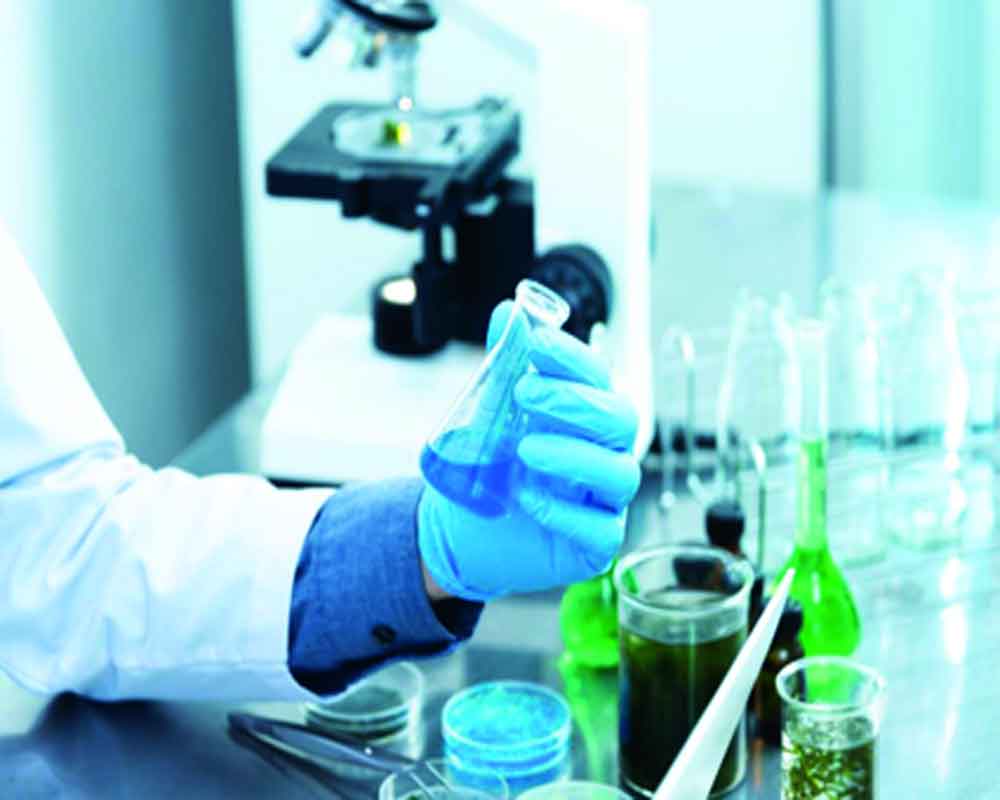In times of crisis, society instinctively turns its gaze towards the scientific community, seeking solace and solutions amid turmoil
The public always looks at the scientific community whenever they are in dire straits. Farmers seek help from agriculture scientists when serious pests affect their crops, or there is a drastic decline in productivity. Similarly, the public looks to medical scientists for help whenever a pathogen attacks humans. During the COVID-19 pandemic, we have seen how, every day, the ordinary person eagerly looked at research work from various labs. Covid-19 reinstated the common man’s confidence in scientists. The current generation that has overcome the COVID-19 catastrophe is deeply indebted to scientists for their lives.
Even though there are hundreds of scientific fields, agriculture and health care are close to the day-to-day affairs of ordinary people, and hence, scientists working in these areas need to communicate directly to the public. Scientists working in other fields like communication engineering, space research, civil engineering etc, though highly relevant to the day-to-day life of commoners, never come in direct contact with them. Whenever humanity is in disarray, scientists bring glee and a ray of hope through their discoveries.
In many parts of the world, scientists also create confusion because of conflicts of interest and interference from policymakers. It’s an open secret that most of the food products available in our market are adulterated, and in some cases, they contain toxic substances. Even scientists working in industries will secretly admit it, but they are not allowed to publish the results or speak publicly. Most of the scientific work related to pesticides, drugs etc is linked with industry, and none of the industries will support a genuine scientist. Industries may influence the design of research studies to ensure outcomes align with their objectives.
There is always a conflict between proponents of modern medicine and traditional systems of medicine. Many scientists blatantly state that Ayurvedic or Homeopathic drugs have side effects, forgetting the fact that all modern medicines have severe side effects. Scientists should strive to be impartial in pursuing knowledge and understanding of the natural world. This dedication to objectivity is fundamental to the scientific method, which relies on systematic observation, experimentation, and analysis to uncover truths about the universe. However, scientists, like all humans, are susceptible to personal beliefs and biases that may subtly influence their work.
These biases can affect everything from the questions scientists choose to investigate to the interpretation of their findings. Furthermore, external factors such as funding sources, societal pressures, and political climates can also influence scientific research. Research funding, in particular, plays a significant role in shaping the scientific agenda, as scientists often rely on grants from government agencies, private foundations, or industry sponsors to support their work. The priorities of these funding sources may align with particular agendas or interests, potentially influencing the direction and focus of research. Societal pressures and political influence can also distort scientific results.
Despite these challenges, the scientific community is committed to upholding certain principles of objectivity, transparency, and peer review to ensure the integrity of scientific research.
While scientists may not always be entirely free from bias, these principles help to minimise the impact of personal beliefs and external influences on the scientific process. The scientific community can maintain public trust and credibility by upholding these standards. Moreover, scientists should proactively engage with societal concerns, prioritising research that tackles urgent issues like public health, and social inequality. If scientists lose public trust, society will be in disarray.
(The writer is an adjunct faculty at the National Institute of Advanced Studies; views are personal)


























